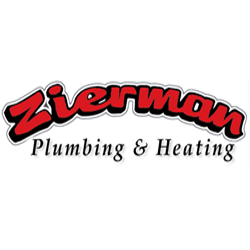There's probably no more dreaded home improvement project
than replacing sewerage
pipes. It's an expensive process that does nothing to enhance your
property's appearance or value. You may not want to do it, but if your
pipes are damaged, you may think it's the only solution.
What is Pipe Relining?
Pipe relining is a technology that has been available for over a decade, but is still a largely unknown alternative to pipe replacement. As the name implies, it is a method we can use that enables them to reline the interior of pipes.
We do pipe relining by inserting a specially designed tube through the pipes with low cost. When the tube is in place, we inflate the tubing until it fits tightly against the walls of the pipes. Aside from being less expensive than replacing old pipes, pipe relining takes less time and does less damage to your landscape. Depending on the product we use. It can have a warranty of between 10 and 50 years, so pipe relining is a long-term solution, too.
Not all plumbers provide pipe relining services.
We can save you thousands of dollars.
Source @ Home
Improvement Pages


